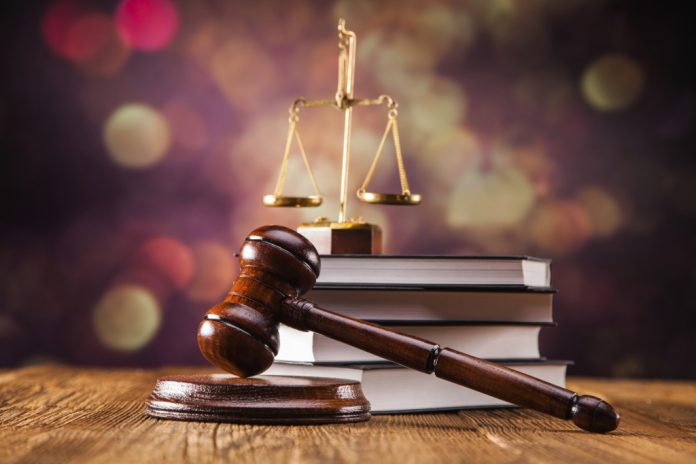The Socio-Economic Rights and Accountability Project (SERAP) has petitioned Mr. Diego García-Sayán, UN Special Rapporteur on the independence of judges and lawyers requesting him to use his good offices to prevail on the government of President Muhammadu Buhari to end persistent disobedience of court rulings and orders.
SERAP also wants Mr. Garcia-Sayan to urge President Buhari to uphold the Nigerian Constitution 1999 (as amended) and the country’s international obligations on protection of the independence and integrity of the judiciary.
In the petition dated 11 May 2018 and signed by SERAP deputy director Timothy Adewale the organization said, “The selective enforcement of court orders if not urgently addressed would ultimately put the rule of law in Nigeria under siege.”
It added that the “persistent and apparently deliberate disobedience of court rulings by the Nigerian authorities is an affront to the supremacy of the Constitution and the independence of the judiciary and if not urgently addressed may lead to self-help and undermine the authorities’ oft-expressed commitment to fight corruption.
“Protecting judicial independence is an obligation to be guaranteed and not a privilege that States may grant. Disobedience of court rulings also directly violates the fundamental principles of the rule of law and separation of powers.
“We urge you to publicly condemn disobedience of court orders by the Nigerian authorities and prevail on them to refrain from any threats or interference that may hamper court’s independence as the supreme guardian of the country’s constitution and laws.”
“Disobedience of court orders is a serious threat to the independence and integrity of the judiciary and would undermine the crucial role of the judiciary in combating corruption and obstruct access to justice, contrary to international standards, including Article 11 of the UN Convention against Corruption to which Nigeria is a state party.”
“SERAP also notes Principles 2 and 4 of the UN Basic Principles on the Independence of the Judiciary mention the requirement of non-interference to guarantee the independence of the judiciary. Such lack of interference implies that no authority, private group or individual may interfere in judicial decisions; they must respect and abide by the decisions of the judiciary.
“Nigerian authorities have disobeyed court orders in several cases including those involving the Islamic Movement of Nigeria Leader Sheikh Ibrahim El-Zakzaky and his wife, the former National Security Adviser, Col. Sambo Dasuki (rtd), and SERAP. Many state governments in Nigeria also continue to flagrantly disobey court orders with almost complete impunity.
“Other court orders that the government continue to disobey include: the ECOWAS court judgment ordering the Nigerian authorities to provide free and quality education to all Nigerian children without discrimination; the rulings by Nigerian courts ordering the authorities to establish education banks to assist poor students to obtain loans to pursue tertiary education and the restoration of people’s bank to give loans without collaterals to underprivileged citizens.
“At least two of the court rulings SERAP recently obtained from the Federal High Court have been disobeyed by the Nigerian authorities. The first involves a case with suit number FHC/IKJ/CS/248/2011 delivered in March 2016 where Justice Mohammed Idris ordered the Federal Government of Nigeria to widely publish details on the spending of recovered stolen funds by successive governments since the return of democracy in 1999.
“The details ordered to be published by the court include: (a) Detailed information on the total amount of recovered stolen public assets that have so far been recovered by Nigeria (b) The amount that has been spent from the recovered stolen public assets and the objects of such spending (c) Details of projects on which recovered stolen public assets were spent.
“The second court judgment involves a case with suit number FHC/CS/964/2016 delivered in July 2017 where Justice Hadiza Rabiu Shagari ordered the government to tell Nigerians the circumstances under which allegedly recovered stolen assets were recovered, as well as the exact amount of funds recovered from each public official. However, the Nigerian authorities would seem to have only partially obeyed the court orders in this case. The authorities are not known to have appealed any of these court judgments and rulings.
“Under both the Nigerian Constitution and international human rights treaties to which Nigeria is a state party including the International Covenant on Civil and Political Rights everyone is entitled to the right to an effective remedy, and to seek justice in courts in cases of violations of human rights.”
